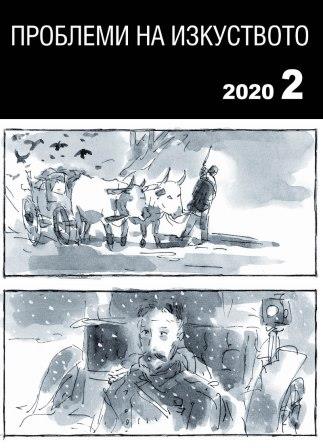„Комплексната” телевизионна драма и нейните герои
Complex TV drama and its characters
Author(s): Elitza GotzevaSubject(s): Fine Arts / Performing Arts, Film / Cinema / Cinematography
Published by: Институт за изследване на изкуствата, Българска академия на науките
Summary/Abstract: The article makes a historical and theoretical overview of the “regular”, “quality” and “complex” TV dramas of the television Golden Age from the 1950s until now. The author argues that the main difference between the three forms of TV drama is in their different commercial objectives for American broadcast and cable television. The “regular” TV drama is the one that served expanding interests and was created and produced to maximize audience size. In contrast, the “quality” and later the “complex” TV dramas were developed first to satisfy an increasing network interest in the commercial value of the audience and later, in response of the cable networks’ need to offer more valuable content to a highly educated and financially sound public, contrasting to the values of the conventional, traditional American family-oriented broadcast TV. In line with its content, the main protagonist of the “complex” TV drama becomes the antihero: the loner, the outsider, the intelligent, powerful, attractive gangster/gambler/outlaw, etc., obeying a personal code, but opposed to the long-established positive values of the society. Thus, using a challenging narrative, on one hand, the creators of “complex” TV dramas manipulate the public to feel sympathy for a morally conflicted protagonist, but on the other, to question the ground of his actions and eventually dislike him too. The author expresses the conviction that the creation of complex characters, their characterization, true character and dimensions, requires a deep knowledge of psychology, human nature and logic that the public is encouraged to explore. In conclusion, the author studies the difference between the concept of TV series and TV serials in the context of the present form of TV/multiplatform expression.
Journal: Проблеми на изкуството
- Issue Year: 2020
- Issue No: 2
- Page Range: 41-45
- Page Count: 5
- Language: English, Bulgarian
- Content File-PDF

